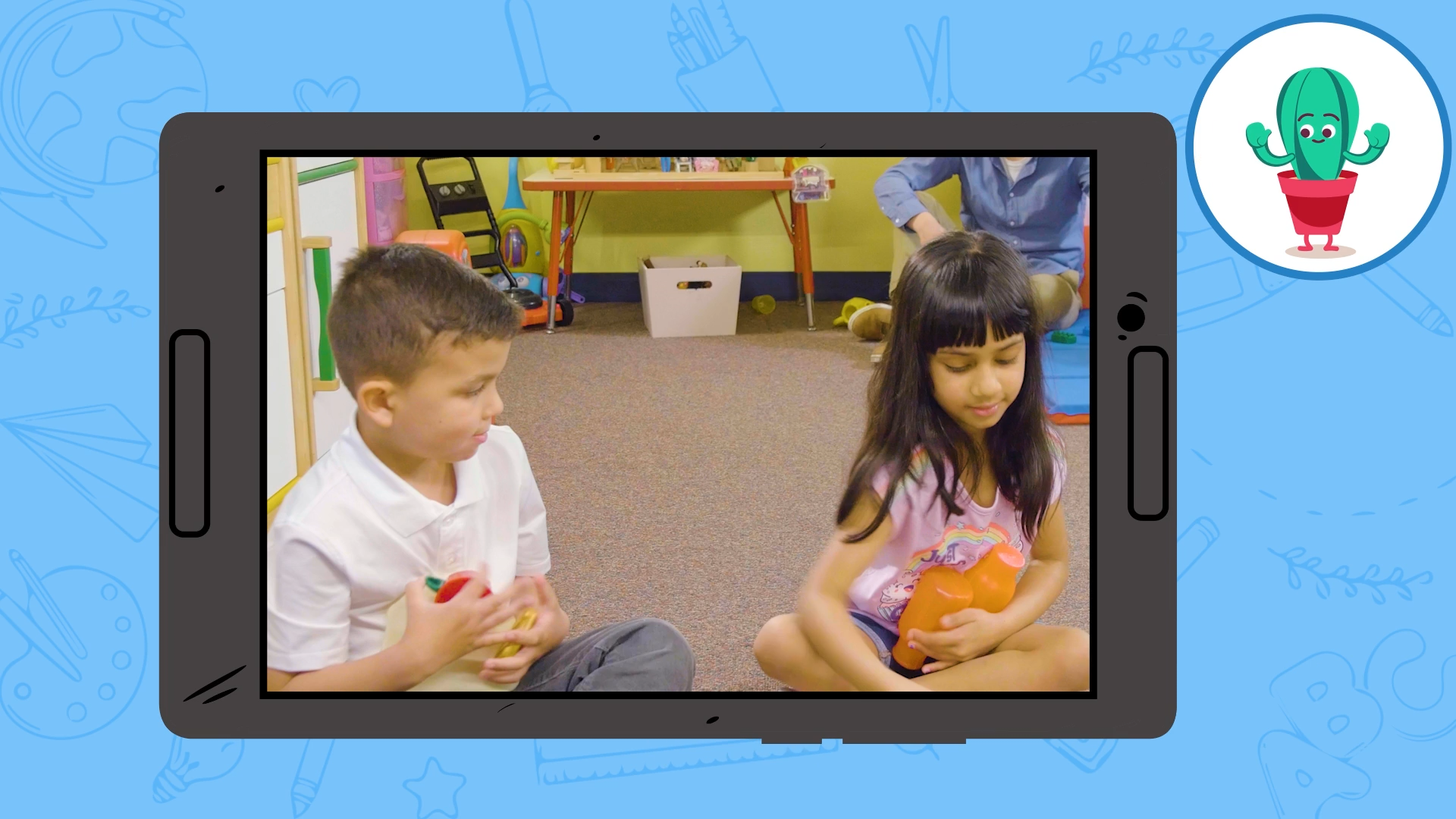
Introduction
Teaching children the importance of being helpful is a fundamental aspect of their social-emotional development. Kindergarten students can learn the value of helping others through engaging activities and discussions. This blog post will provide educators with a no-prep activity, discussion questions, and related skills to help their students understand and practice being helpful.
No-Prep Activity: The Helping Hands Game
The Helping Hands Game is a simple activity that requires no preparation or materials from the educator. To play, have students sit in a circle. The teacher will then pretend to struggle with a task, such as opening a jar or picking up a dropped item. The students will observe the teacher and volunteer to help. Once a student helps the teacher, they will take a turn pretending to struggle with a task while others offer assistance. This activity encourages students to actively participate in being helpful and demonstrates the value of teamwork.
Discussion Questions
- Why is it important to help others when they need assistance?
- How does being helpful make you feel?
- Can you think of a time when someone helped you? How did it make you feel?
- What are some ways you can be helpful at school and at home?
- How can we practice being helpful every day?
Related Skills
In addition to being helpful, kindergarten students can benefit from learning other social-emotional skills such as:
- Empathy: Understanding and sharing the feelings of others.
- Active listening: Paying attention, asking questions, and responding to others in a conversation.
- Cooperation: Working together with others to achieve a common goal.
- Respect: Treating others with kindness and understanding.
Next Steps
Teaching students the importance of being helpful is a crucial step in their social-emotional development. To further support your students, sign up for free samples of skill-building activities and resources from Everyday Speech. These materials will help educators incorporate social-emotional learning into their daily lessons and foster a supportive classroom environment.

